When I was a Catholic one of the most exciting and energising rituals for me occurred on the night before Easter Sunday when the Easter fire is lit at the back of the church and, ignited from the fire, a candle, representing the risen Christ, is carried through the darkened church and the whole church becomes filled with light (a ceremony otherwise known as Lucernarium). There is something very visceral in this ritual, when darkness is metaphorically defeated and the world appears to be filled with light again (unless of course there is an altar-boy malfunction and the fire goes out before the candle is even alight!).
Most ancient mythologies had their own gods of light too. In Greek mythology Theia was the goddess of light. She was married to Hyperion who held up the eastern sky and so was identified with sunrise. The church was obviously onto a good thing here, identifying its founder with this primeval and ancient psychology.
We need light to survive and according to the American Psychiatric Association, SAD (Seasonal Affective Disorder) has been linked to a biochemical imbalance in the brain brought on by the shortening of daylight hours and a lack of sunlight in winter. It’s as real as the common cold or a tough case of strep throat, psychiatrists say.
I was feeling some of that sadness this week as we bad farewell to daylight saving and the nights suddenly lengthened and darkness crowded in like a thick, giant wave. I feel a similar sadness that the Catholic Church now no longer offers me the illumination it did in my younger years. How can I now respect an unenlightened institution that teaches that homosexual acts are “violations of divine and natural law?” (http://www.catholic.com/tracts/homosexuality) Or that six Catholic bishops in Australia just last week sent out 80,000 letters asking parishioners to tell the Federal Government of their opposition to same-sex marriage. Would it were that the church’s bishops expended the same amount of energy over child sexual abuse cases.
So where do we find inspiration and enlightenment these days, when leadership is so disappointing? For me now it’s in many places: in every part of nature; planting a garden and watching it grow; seeing a Blue Wren scuttle through the grass or dive-bomb in a birdbath; walking (anywhere); watching sea crash on rocks; meeting friends or family; hearing a piece of music you love or just in peoples’ small, individual (however slight) attempts at kindness, bravery and concern. I’m inspired by writers too of course. They are the tribe in which I feel comfortable.
I have just finished reading (for the second time) Rodney Hall’s Silence. It’s full of quiet, meditative observations. Are they poems? Are they fictions? I don’t know and it doesn’t really matter how one labels them. Perhaps they are even prayers and it’s in places like this that my spirit now finds itself at home.
After Easter I’ll be taking Rodney’s workshop at the Aireys Inlet Literary Fest (www.lighthouseliteraryfest.com.au) on ‘The New Fiction’ where we will be investigating new ways of using words and telling stories. I expect this will be my post-Easter spiritual event, my postponed Easter Lucernarium.


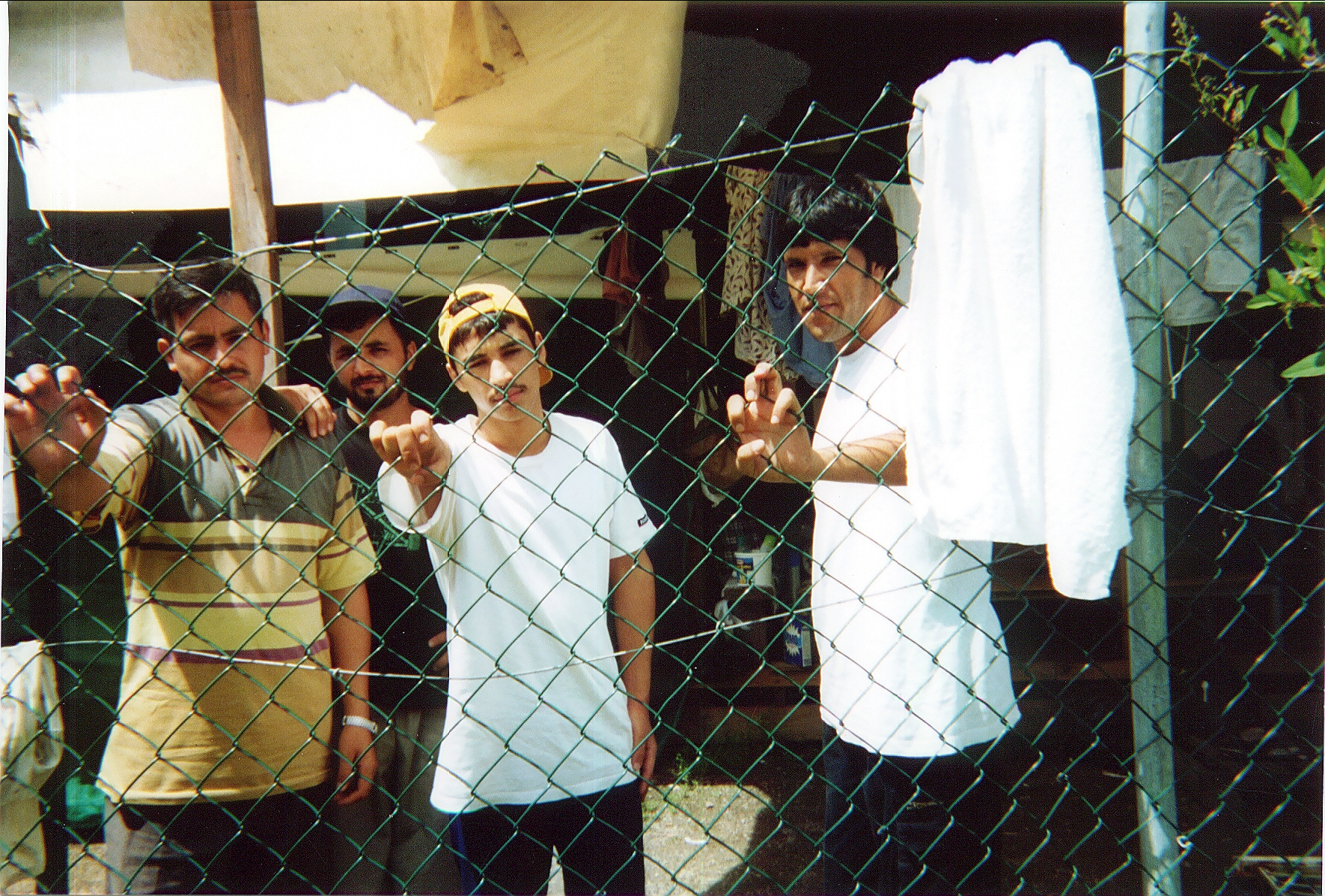


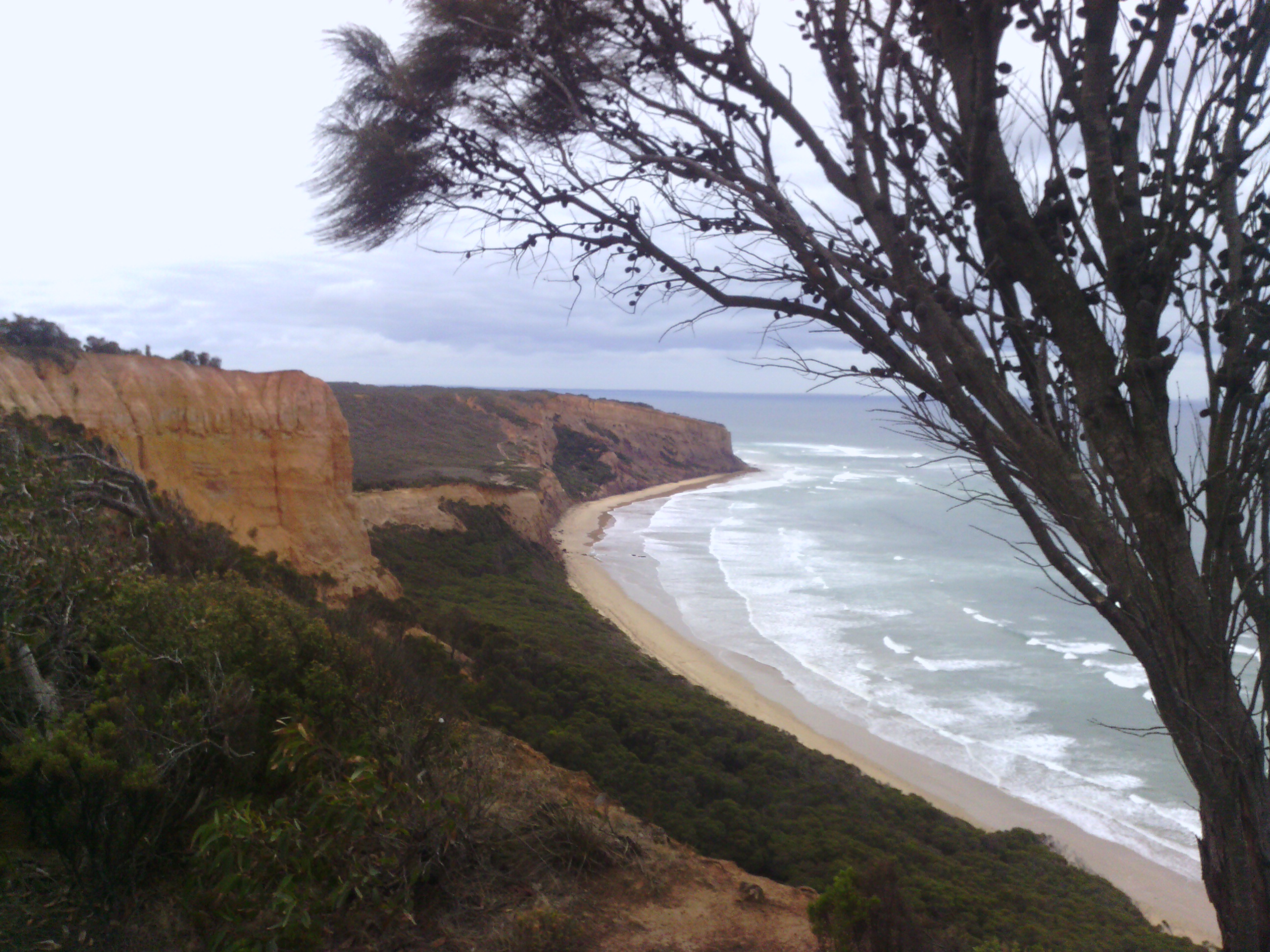
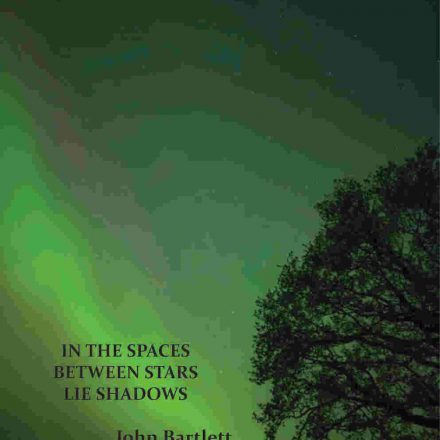
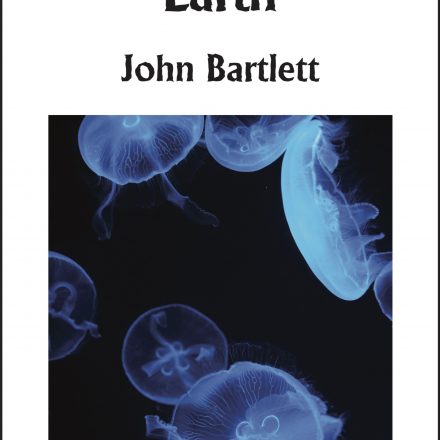
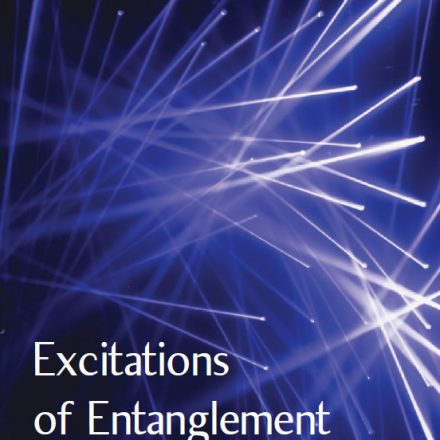
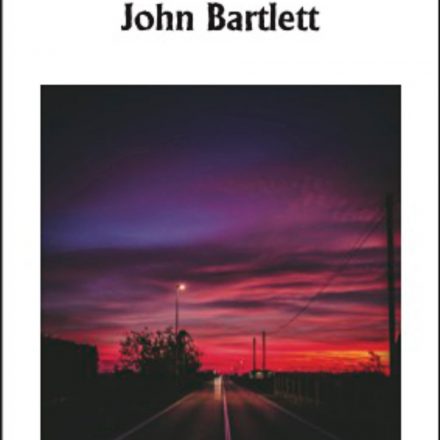
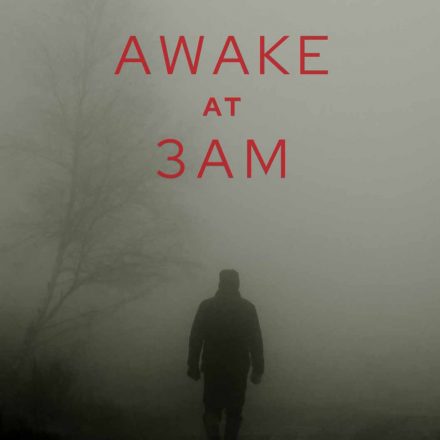
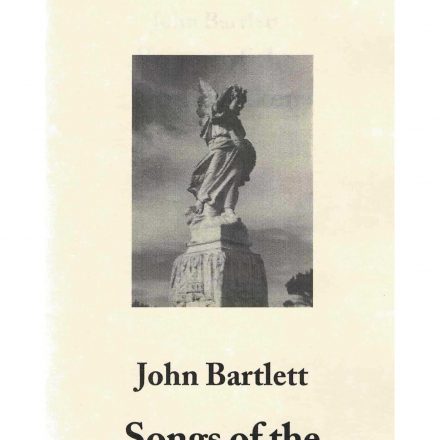
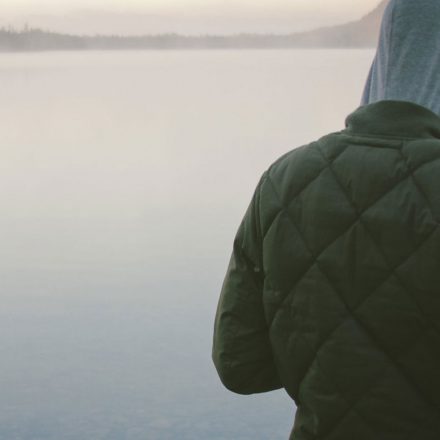
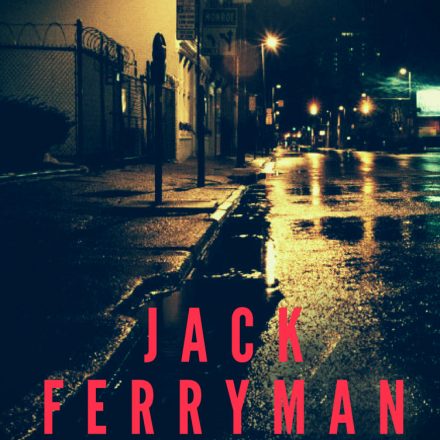
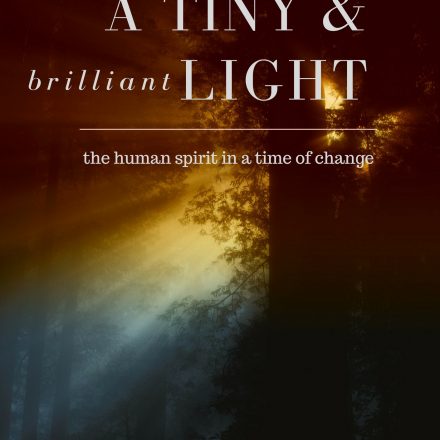
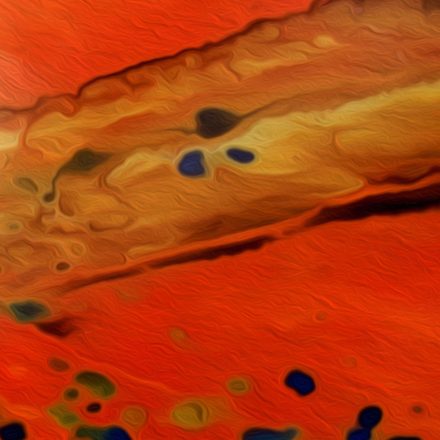
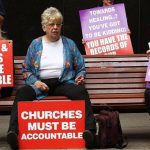
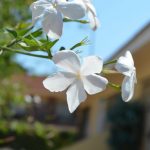

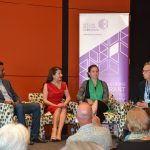

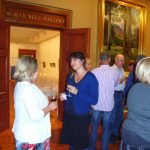
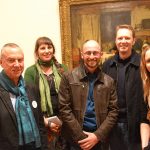

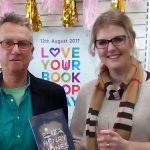
Good job
A lovely reflection John and all too true. In spite of its great insights in many areas, governance and human rights are darkness and silence in Catholicism. It’s time to strike a light..
Have a Happy Easter
Frank .
A beautifully measured reflection which I feel will resonate with many of your tribe: new life, new fiction, new stories, and even new words to attempt to describe the indescribable. Church and society inconsistencies merely mirror our own. You point us towards integrity and clear conscience because without these we are truly lost and struggling in the deep. But with family and friends we learn to swim with confidence and new sight. Apologies for all the mixed metaphors! Thanks for introducing us to Easter.